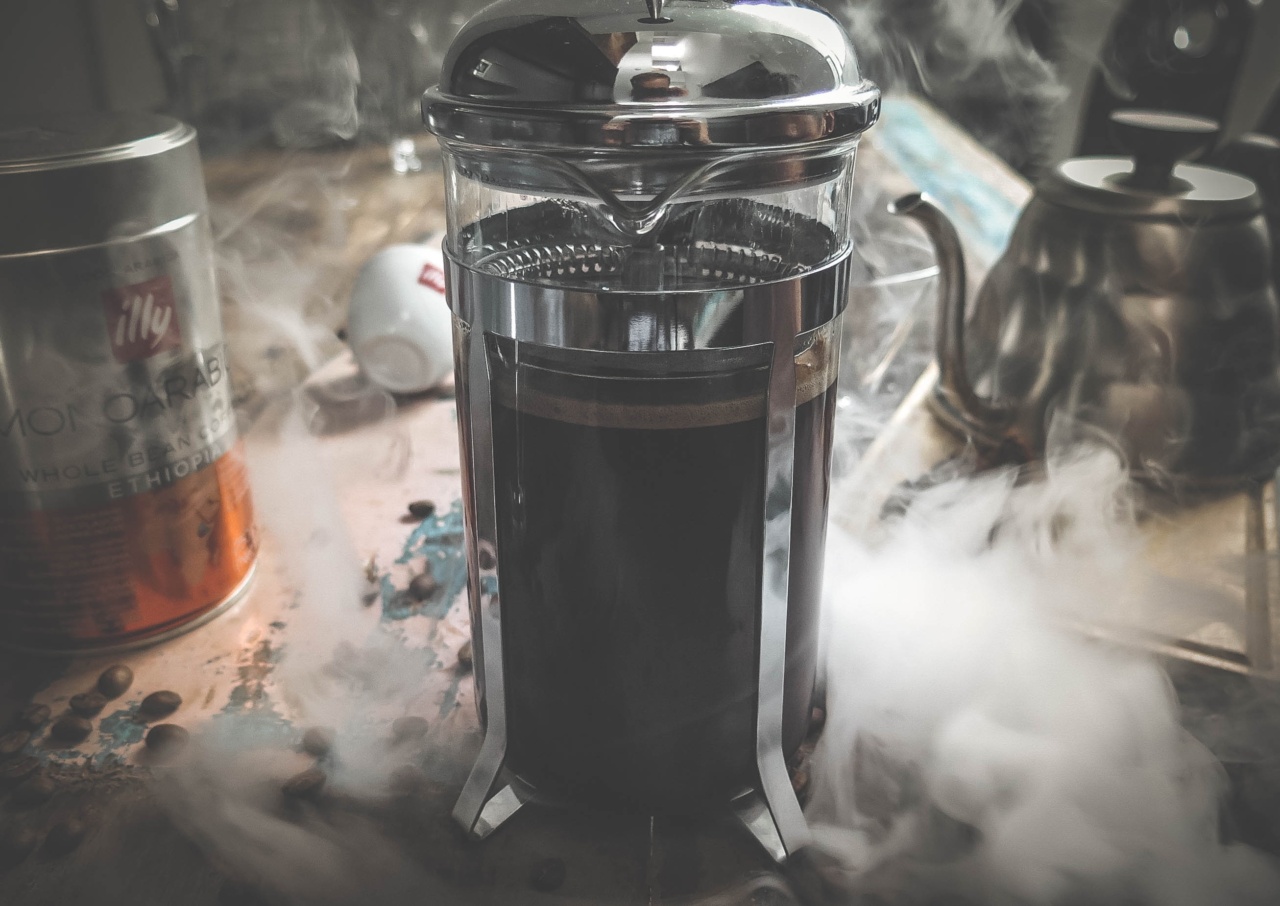For most of us, coffee is the go-to beverage for a quick jolt of energy to start the day or to keep us awake during long working hours.
The caffeine in coffee is known to keep us alert and focused, which makes it a popular choice among students, professionals, and even athletes. But can coffee really help you stay awake? Let’s find out.
How Does Coffee Keep You Awake?
Coffee contains caffeine, which is a stimulant that affects the central nervous system.
When you consume coffee, the caffeine is absorbed into your bloodstream and reaches your brain, where it blocks the neurotransmitter adenosine, which is responsible for making you feel tired. By blocking adenosine, caffeine increases the activity of other neurotransmitters like dopamine and norepinephrine, which enhance your mood, energy levels, and cognitive function. This is why you feel more alert and focused after drinking coffee.
The Benefits of Coffee for Staying Awake
Coffee has several benefits for staying awake, which include:.
- Increased alertness and concentration
- Reduced fatigue and drowsiness
- Improved cognitive function and memory
- Enhanced physical performance and endurance
- Reduced risk of Parkinson’s disease, Alzheimer’s disease, and liver cancer
The Drawbacks of Coffee for Staying Awake
While coffee can be a great way to stay awake, it also has some drawbacks that you should consider:.
- Caffeine can cause jitters, anxiety, and insomnia
- Coffee can dehydrate you if you don’t drink enough water
- Coffee can cause acid reflux, stomach discomfort, and heartburn
- Coffee can interfere with certain medications and supplements
- Coffee can be addictive and lead to withdrawal symptoms
How Much Coffee is Enough to Keep You Awake?
The amount of coffee you need to consume to stay awake depends on various factors like your body weight, tolerance, and sensitivity to caffeine.
In general, a moderate amount of coffee (about 1-3 cups) is enough to provide you with the benefits of caffeine without causing any adverse effects. However, if you are sensitive to caffeine or have a low tolerance, you may need to consume less coffee to avoid jitters and insomnia.
The Best Time to Drink Coffee for Staying Awake
The best time to drink coffee for staying awake is in the morning or early afternoon, when your natural circadian rhythm is at its peak. This is because caffeine can interfere with your sleep if you consume it too late in the day.
It’s also important to avoid drinking coffee on an empty stomach, as this can cause digestive issues and increase the risk of acid reflux.
Alternatives to Coffee for Staying Awake
If you’re not a fan of coffee or want to try other options for staying awake, there are several alternatives you can consider:.
- Tea: Tea contains caffeine and other beneficial compounds like theanine, which can enhance brain function and reduce stress
- Energy drinks: Energy drinks contain caffeine, sugar, and other stimulants that can boost your energy levels quickly
- Nuts and fruits: Nuts and fruits are rich in healthy fats, fiber, and antioxidants, which can provide sustained energy and improve cognitive function
- Water: Drinking enough water can prevent dehydration and fatigue, which are common causes of sleepiness
- Exercise: Regular exercise can improve your mood, energy levels, and cognitive function, which can help you stay awake and alert
Conclusion
Coffee can be a great way to stay awake and alert when consumed in moderation and at the right time.
The benefits of caffeine for cognitive function and physical performance are well-documented, but it’s important to be aware of the potential drawbacks of coffee as well. By understanding the effects of caffeine on your body and choosing the right amount and form of caffeine, you can maximize the benefits of coffee for staying awake.






























